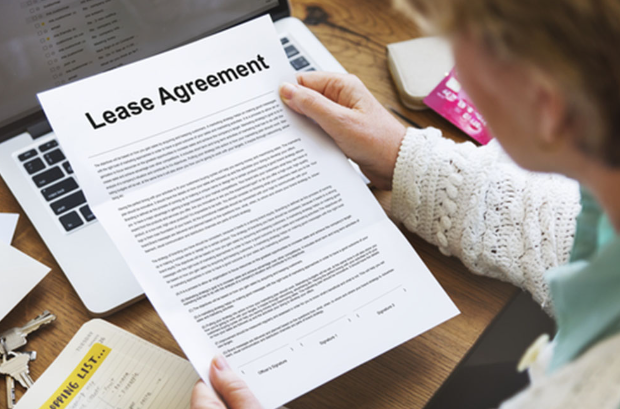Landlords’ Guide to Florida Lease Agreements

Are you a landlord in Florida? Do you know all the legal requirements and regulations for lease agreements?
This guide will help you navigate it all. You’ll learn about disclosure requirements, what rent and fees you can charge, rules for late fees, security deposits, and fair housing protections.
It’s crucial to understand these aspects to successfully manage your lease agreements in Florida. Let’s dive in and ensure you’re on the right track.
Disclosure Requirements for Florida Lease Agreements
As a landlord in Florida, you must fulfill certain disclosure requirements when creating a lease agreement. These requirements are essential to protect both you and your tenant.
When drafting a Florida lease agreement or using a Florida lease agreement template, it’s important to include specific information. First, you must disclose any known lead hazards in the property, as well as provide information about lead-based paint hazards for properties built before 1978.
Additionally, you must include the name and address of the person who receives demands and notices. It’s also necessary to inform tenants about the presence of radon gas and the fire protections available in buildings over three stories.
If you have five or more dwelling units, you must disclose where the security deposit will be held and provide details about the account depository. Lastly, you must state whether the tenant is entitled to interest on the deposit.
Rent and Fees in Florida Lease Agreements
To determine the rent and fees in your Florida residential lease agreement, you need to consider the following factors. Rent in Florida is typically due at the beginning of each rental payment period, unless otherwise agreed upon.
There’s no set cap on application fees in Florida, and non-refundable application fees are permitted. Rent control laws are prohibited in Florida, except in housing emergencies. Landlords have the freedom to increase the rent as they see fit, as long as they give advanced notice to the tenant.
Late Fees in Florida Lease Agreements
Late fees in Florida lease agreements are an important aspect to consider when it comes to rental payments and ensuring timely payment from tenants.
In Florida, late fees must be reasonable, and landlords must include the amount and conditions of late fees in the rental agreement.
A late fee is considered reasonable if it’s no more than $20 or 20% of the monthly rent, whichever is greater.
Unlike some states, there’s no required grace period for rent payment in Florida.
Additionally, landlords may charge a fee for bounced checks based on the amount of the check.
It’s important for landlords to clearly communicate the late fee policy to tenants to avoid any confusion or disputes in the future.
Security Deposits in Florida Lease Agreements
When handling security deposits in Florida lease agreements, it’s important for landlords to understand the legal requirements and responsibilities.
In Florida, there’s no limit on the amount of security deposit that landlords can collect. However, landlords aren’t required to pay interest on security deposits unless the deposit is kept in an interest-bearing account.
Landlords must keep the security deposit in a separate bank account and return it to the tenant within 15 days, or 30 days after notifying the tenant of their intention to make a claim against the deposit.
The security deposit can be used to cover unpaid rent, tenant-caused damages, and other charges specified in the lease agreement.
Tenant Screening and Fair Housing Protections in Florida Lease Agreements
When handling tenant screening and fair housing protections in Florida lease agreements, it’s important for landlords to understand the legal requirements and responsibilities.
The Fair Housing Act prohibits discrimination in housing based on various protected classes, and Florida law adds additional protections for pregnancy, age, marital status, and HIV/AIDS status.
Landlords in Florida must comply with the federal Fair Credit Reporting Act when handling tenant credit information and may conduct criminal background checks as part of the tenant screening process.
However, it’s crucial for landlords to follow HUD recommendations for using criminal background checks fairly.
Conclusion
Now that you have all the necessary information, navigating Florida’s lease agreements as a landlord will be a breeze.
From understanding disclosure requirements to knowing what rent and fees you can charge, you’re equipped with the knowledge to ensure a smooth rental process.
Remember to adhere to fair housing protections and conduct proper tenant screening.
With this comprehensive guide, you can confidently create successful lease agreements in Florida.


